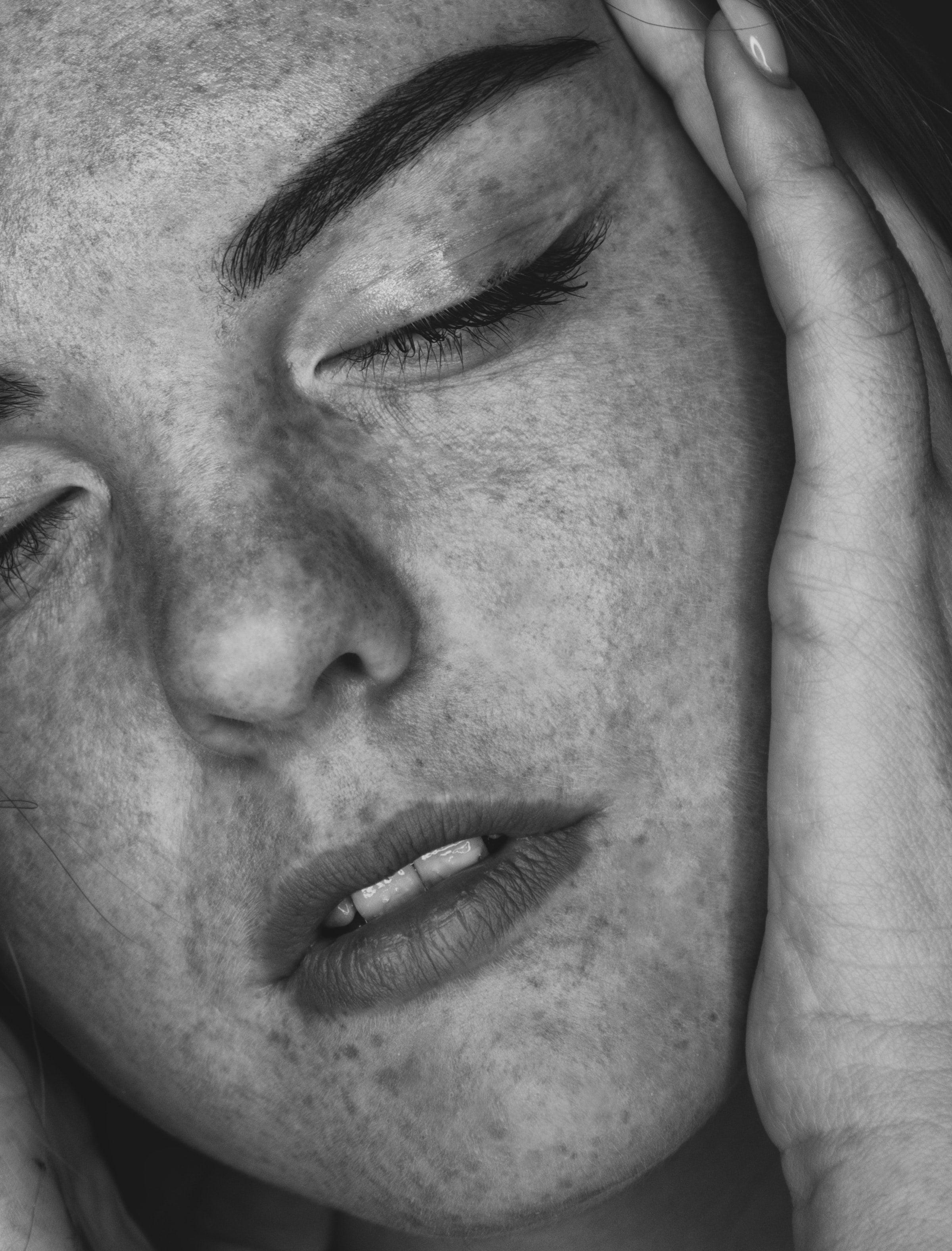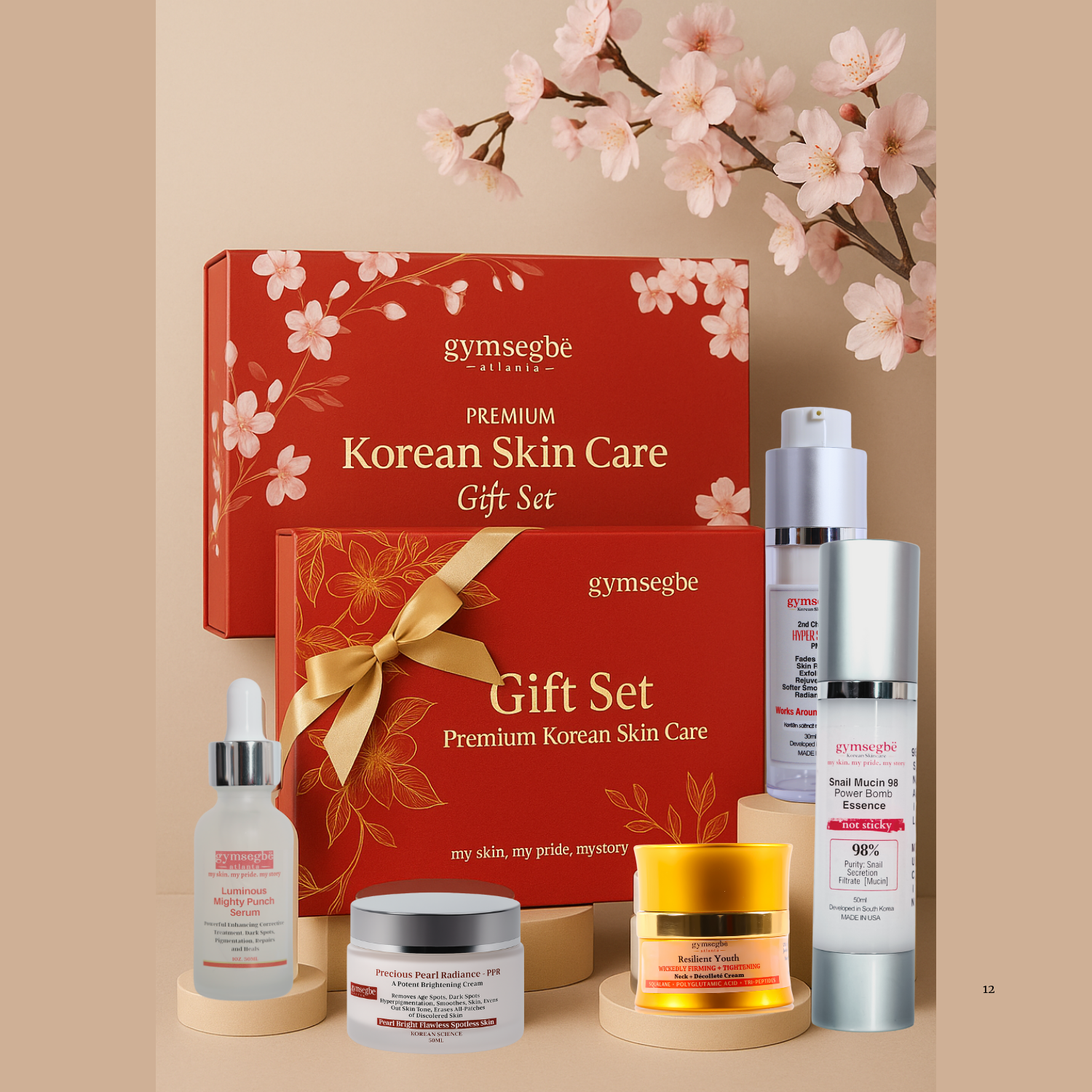Winter Skin Care Tips: How to Prevent Dry and Flaky Skin

Even though winter is a wonderful time of the year, snow falling all the time, and we are dressed in comfy, cozy clothes, it can be pretty harmful to your skin. Have you ever noticed how your skin reacts in the wintertime? Especially people with dry skin find it hard to maintain their skin condition in cold weather. Fortunately, we have all the right tips and tricks.

How to Know If You Have Dry Skin
You might know that your skin is normal, but for some, it can turn to dry in colder months. If you have noticed some of these signs, then you probably have to deal with dry skin. Some of the common signs may include:
- Redness
- Itchiness
- Rough texture
- Flaky skin
- Irritated and raw skin
- Cracks in the skin
- Burning or stinging of your skin
How to Prevent Dry Skin in Winter
Dry skin isn’t something that can’t be solved even in the wintertime. By changing some simple daily routines, products, and habits you can definitely make it look and feel better.
Apply Moisturizer After Washing (Right Away)
One of the most important pieces of advice, coming from dermatologists is to apply moisturizer right after washing your face. This is crucial since creams ointments, and lotions work on trapping the existing moisture in your skin.
When you wash your hands of face you strip off natural oils. Since they are important for locking in moisture, you need to replace them by applying a good moisturizer. If you find it hard to remember to apply it every time you wash, try keeping a bottle next to your sink.
Don’t Forget Your Sunscreen
We know - in wintertime rarely anybody thinks about wearing sunscreen. However, we need to tell you something - it is obligatory. Especially for those with dry and flaky skin.
Even in winter, harmful UV rays can stress your skin and cause your moisture barrier to break. So, try to add a layer of sunscreen with a broad spectrum every morning after applying your moisturizer.

Photo by Sara Scarpa on Unsplash
Replace Lotions for Ointments or Creams
Adjusting to wintertime means you can and should replace some lighter products for those that will hydrate your skin very well. Ointments and creams are more effective than lotions. Lotions can sometimes irritate the skin, and that is exactly what we want to avoid.
When buying creams or ointments, look at the ingredient list and see if they have any of these ingredients:
- Jojoba oil
- Glycerine
- Lanolin
- Petrolatum
- Shea butter
- Hyaluronic acid
Try Overnight Treatments
Overnight treatments became very popular lately. That is because emollients in them are perfect for repairing dry skin. However, since these treatments are heavy they take more time to absorb into your skin. That is why they are used during the night.
By applying emollients to your skin before bedtime, your skin will get quite a time to absorb everything it needs. On the other hand, if you are applying treatments on your feet or hands, make sure to wrap them in a plastic bag or gloves.
Buy a Humidifier
Having more moisture in the air is a saving grace for all those with dry skin. You can buy a humidifier and place it in rooms where the temperature is high in winter. Also, consider putting it in your bedroom. The humidifier can help to replenish the top layer of your skin moisture during colder winter months.
Rather Skip Exfoliants and Scrubs
Over-exfoliation can make your skin even more vulnerable during winter. That is why you should be very careful when using scrubs or exfoliating products.
Even though exfoliation is important for removing dead skin cells from the skin, in winter is better to opt for something gentle. Instead of using physical scrub, try chemical exfoliant. However, if your skin is damaged, cracked, or irritated skip exfoliation completely until it is healthy again.

Photo by Bindle Bottle on Unsplash
Proper Hydration and Diet
There are things you can change in your daily routine that can also help maintain normal and healthy skin, especially during winter. One of them is staying hydrated throughout the day. You should drink a lot of fluids in order to keep the skin looking healthy.
You may also want to concentrate on eating healthier food, enriched in omega-3 fatty acids and antioxidants.
















